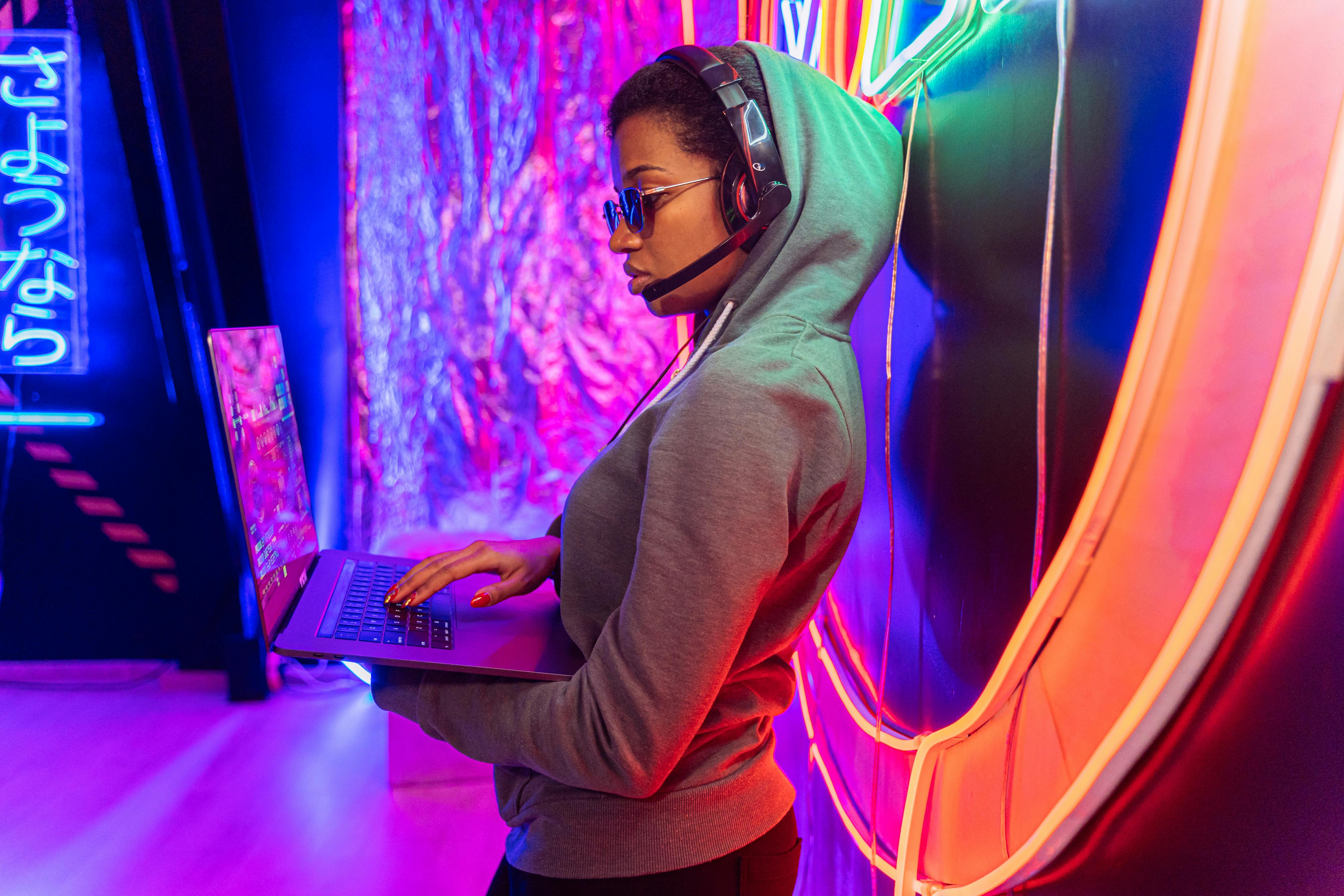Scientists have always enjoyed the idea of artificial intelligence, that a machine can think and act on its own. It is also a popular subject for novels and movies. And who among us wouldn’t love to have a personal robot that anticipates and takes care of our needs? I even remember a local planetarium production of computers around the world that networked and synergized their data. At the end of production, this networked computer system ordered: “Let there be light!” and a new universe was born.
Artificial intelligence has as many definitions as people define it. For some, it’s just a matter of a machine being able to analyze data and then take the appropriate action. But I think for most, it means that a machine can really think, it can learn, it can create, it can come up with original ideas, that it can act like a person and be indistinguishable from a human in its actions and thoughts.
If artificial intelligence is just a machine or a system that acts on its own, then a lawn irrigation system that has a humidity meter to know if it has rained or not would be artificial intelligence. If it has rained, the sprinklers will not turn on until the sensor dries. But this system has been programmed to act that way, and the only reason it won’t act that way is if it malfunctions. He is by no means that smart. The system is not thinking at all. It is doing what it has been programmed to do and has no other choice.
I argue that the most popular definition of artificial intelligence, that a machine or system can think, decide and create, is impossible.
First, a definition of intelligence that I think most people would agree with: intelligence is the ability to learn; have experiences that teach what works and what doesn’t. Then take that learning and do something worthwhile with it.
To really learn anything, a machine would need emotions. People also need emotions to learn, and since we have them, what we can learn or do with our knowledge is endless. Higher animals also have emotions and can learn. The less intelligent an organism is, the more instinctive it is, which means that it does things because it has no other choice, because it is less intelligent. Lower organisms like bacteria have no emotions at all, as far as we know, and act more like machines that have been programmed than living organisms. They don’t act like they have a choice. They simply do what their genetic programming forces them to do.
Machines have no emotions and are incapable of having them. A person can program a machine to act as if it has emotions, but it obviously does not. A machine can be programmed to search the Internet, watch television and listen to radio broadcasts, read books and magazines, and listen to people speak. You can accumulate large amounts of data, and you can analyze that data and take action. But only as it has been programmed to act. You have a lot of data but you don’t care about it. You couldn’t care less if all that data was saved on your hard drive and nothing ever happened to it. You couldn’t care less if someone comes in and deletes all that data. He wouldn’t feel bad for a week because all that hard work was gone. So any machine or system that has to be programmed to act because it doesn’t mind acting otherwise, even though it can be and do amazing things, is no smarter than a lawn sprinkler system with a humidity meter to indicate if the sprinklers should be running or not. And while all the “knowledge” on earth can be stored in computers, and computers can be networked to maximize their power, that will never create a God who can create a new universe.
People learn thanks to emotions. We want things. We need things. People have only one instinct: self-preservation. We learn things to stay alive and comfortable. Sometimes we learn out of embarrassment or disappointment. We get excited about things and want to know everything about them. I have talked to 5 year olds who knew more about dinosaurs than I will ever know or want to know.
I saw a Nova show on PBS about the separation of conjoined twins. One of the twins had a tracheostomy and therefore had no voice. But she quickly learned to pull her sister’s hair so that she would cry for both of them. She, too, later learned to cover her throat with her hand so that the breath passed through her vocal cords. Every time she vocalized in this way, she smiled, pleased with her ability to learn something and act smart.
People are genuinely smart because they can and do learn new things on their own, and then they figure out how to use their knowledge to preserve themselves, then to help others, and then to try to improve the human experience on Earth. Certainly there is a place among us for machines that can analyze data and act as programmed, but that is the extent of their value.
Businesses, parents, and governments should value people because they are people. Machines will never replace people. Treating people as extensions of technology will never lead to success. Letting people use their intelligence and technology to do amazing things will lead to outrageous success.
It is very good to be a person who thinks, creates, chooses, feels, remembers, updates and improves. Nothing pleases me more than being a person.
